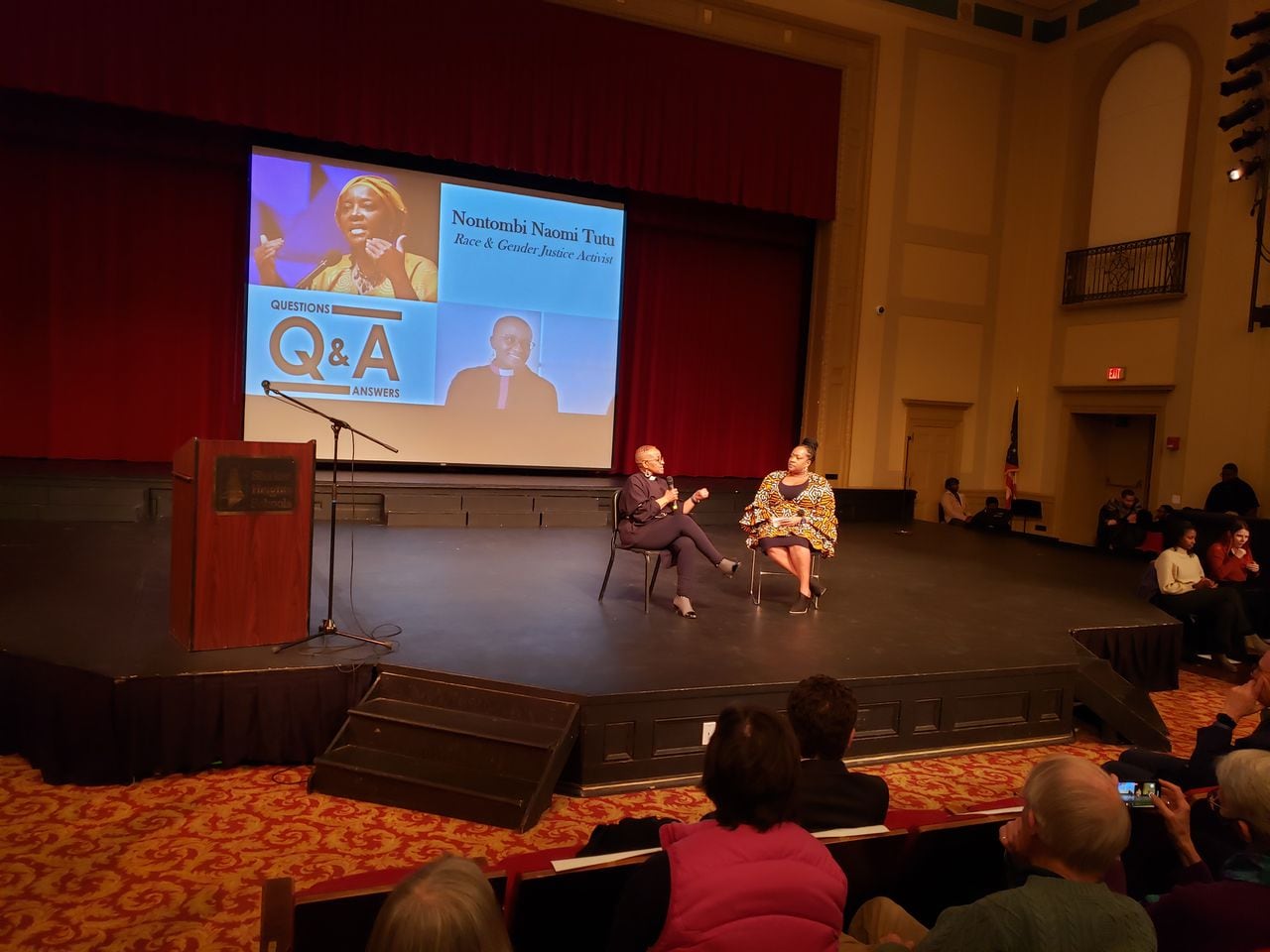How politicians divert our attention so they can stay in office
I am going to use (or imply) the word “Republican” a good bit in this column, because right now, it’s mostly Republicans who are doing the things that I’m talking about. But let me be clear: These kinds of shenanigans are not endemic to any one political party.
However, with Democrats running the White House and the U.S. Senate, a lot of this trickery currently belongs to their opponents.
Its formal name is “distraction politics.” Many of us know it as the “Look, over there” game, in which a politician tries to divert people’s attention from an important issue by pointing to a much less important issue that he or she knows will inflame voters.
That’s why you don’t see politicians having serious conversations about the national debt. Those would be hard conversations, because they would have to include consideration of things like tax increases, spending cuts and the elimination of pork projects.
Politicians who don’t want to lose their precious Senate or House seats or the title of “leader of the free world” aren’t willing to lose votes by raising the country’s income while lowering the amount of money it spends and cutting back on the number of expensive projects it undertakes.
Kind of like you must do when your household budget gets too tight.
For regular folks, getting control of personal finances can be unpleasant. You may have to take on a second job, send the kids to public schools, buy used instead of new cars, and/or cut back on things like streaming platforms, junk food, booze, restaurant meals and Starbucks coffee. Oh, and throw away your credit cards so that you can’t undermine your efforts by charging stuff.
It can be hard, but it’s doable. We ordinary Americans don’t have millions of voters looking over our shoulders, however — voters with unrealistic expectations and unreasonable demands. What’s a politician to do?
For many of them, the answer is, find the easiest way out and take it. For example:
When voters worry that Social Security’s trust fund will be depleted in about 12 years, certain politicians will say: Look, over there. Let’s ban books from public and school libraries that might expose young people to diverse lifestyles, especially those that include discussion of gender identities, trans-sexuality and LGBTQ issues.
When voters fear the war between Israel and Hamas could evolve into a broader conflict in the Middle East that could destabilize the global economy, including energy prices and shipping routes, certain politicians say: Look, over there. Let’s investigate somebody — the higher up, the better.
When voters say illegal border crossings between the U.S. and Mexico are a huge economic and social problem for our country, certain politicians say: Look, over there. Let’s talk about how terrible it is that the Biden administration cancelled the Keystone XL pipeline project. (But let’s not distinguish between the existing Keystone pipeline network that already runs from Canada to markets in the Midwest and on the Texas coast, and the proposed Keystone XL, which would have expanded the pipeline in Canada and Montana, South Dakota and Nebraska. With luck, constituents will assume that Biden has deprived us of all oil from Canada.)
When voters ask if we should maintain strategic relationships with other world powers, including China, India and, yes, Russia, certain politicians say: Look, over there. Have you heard about colleges’ and corporations’ efforts to promote diversity in their student bodies, faculties and workforces? They call it “diversity, equity and inclusion.” But it’s really a way to exclude anybody who’s not black, brown, Asian, female or disabled.
Lastly, when voters say elected leaders should work together to govern the country and put aside partisan labels to solve problems in a cooperative fashion, certain politicians say: Look, over there. If you don’t keep us in office, then before you know it, white people are going to be a minority, liberal elite snowflakes will be running the country, and anybody who can trace his or her ancestry to somebody who was once enslaved will be getting reparations. And you won’t get a dime, even though you and people like you are the backbone of this country. Right?
Wrong.
We are all the backbone of this country, and we should all want the very best governance for our country. That requires us to elect strong leaders who can make decisions, pass budgets and in general get things done without resorting to distractions like drag queen story hours.
We’re not sending those kinds of politicians to Washington these days, however, and it shows. We’ve got people in office who can’t or won’t agree on relatively simple matters, much less on critical trade, economic and social policies.
Meanwhile, we voters seem content to be played for fools — and unless we start doing things differently, then certain politicians will say to themselves and to one another: That’s exactly how we like it.
Frances Coleman is a former editorial page editor of the Mobile Press-Register. Email her at [email protected] and “like” her on Facebook at www.facebook.com/prfrances.
